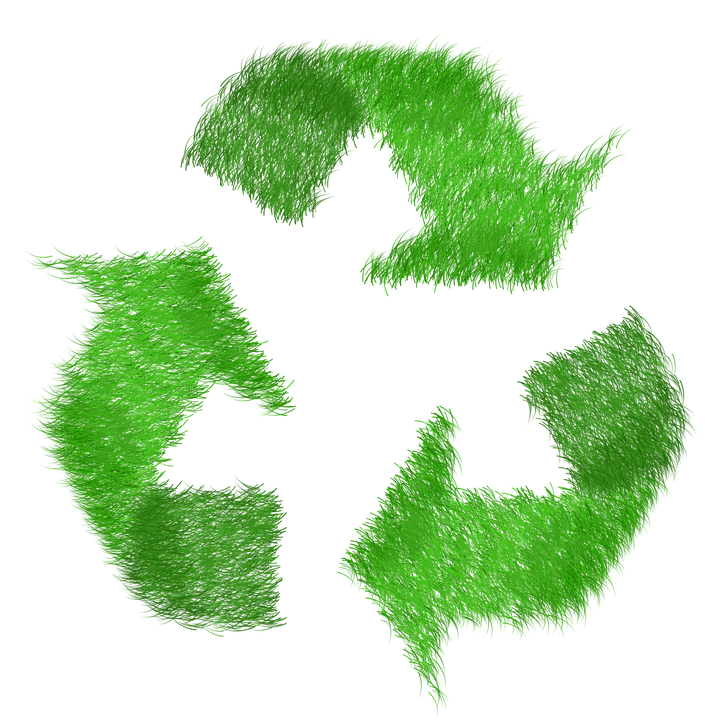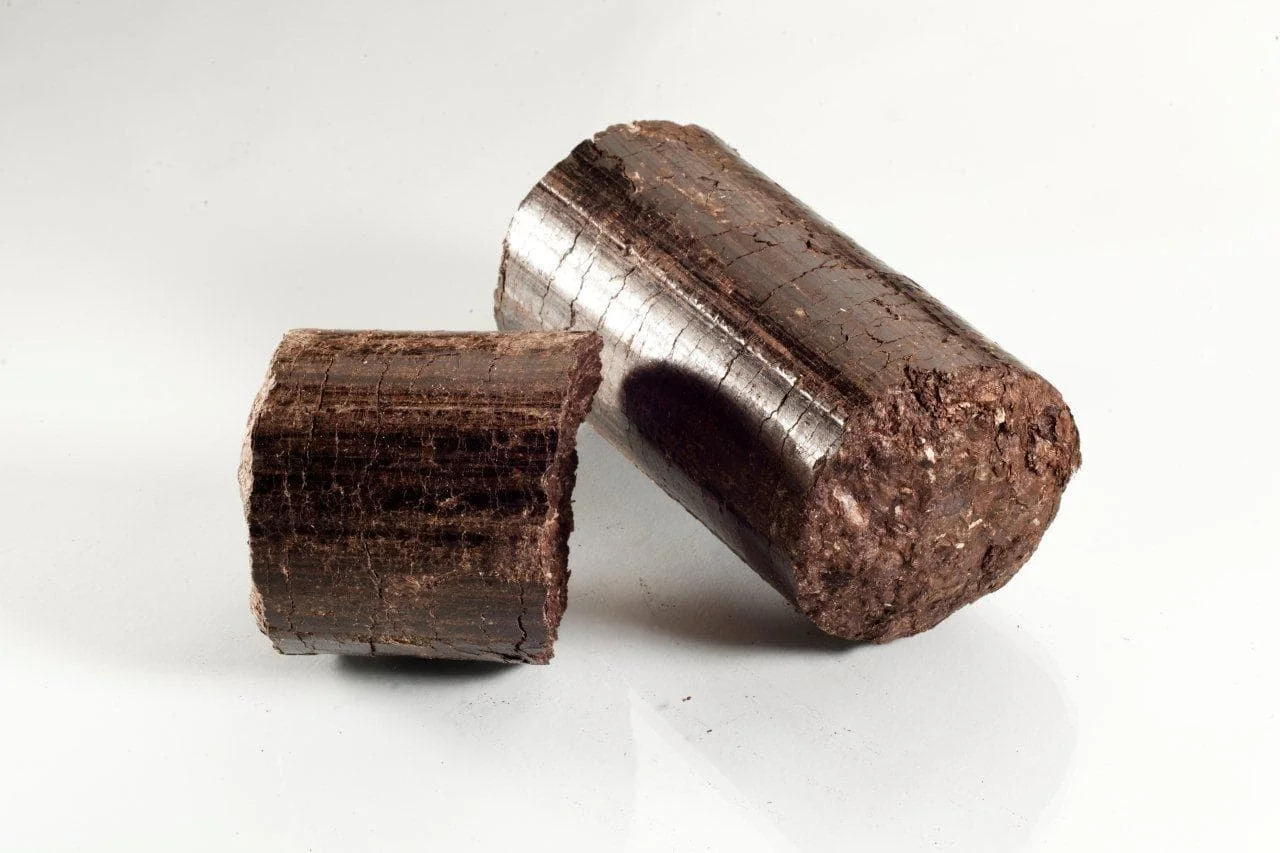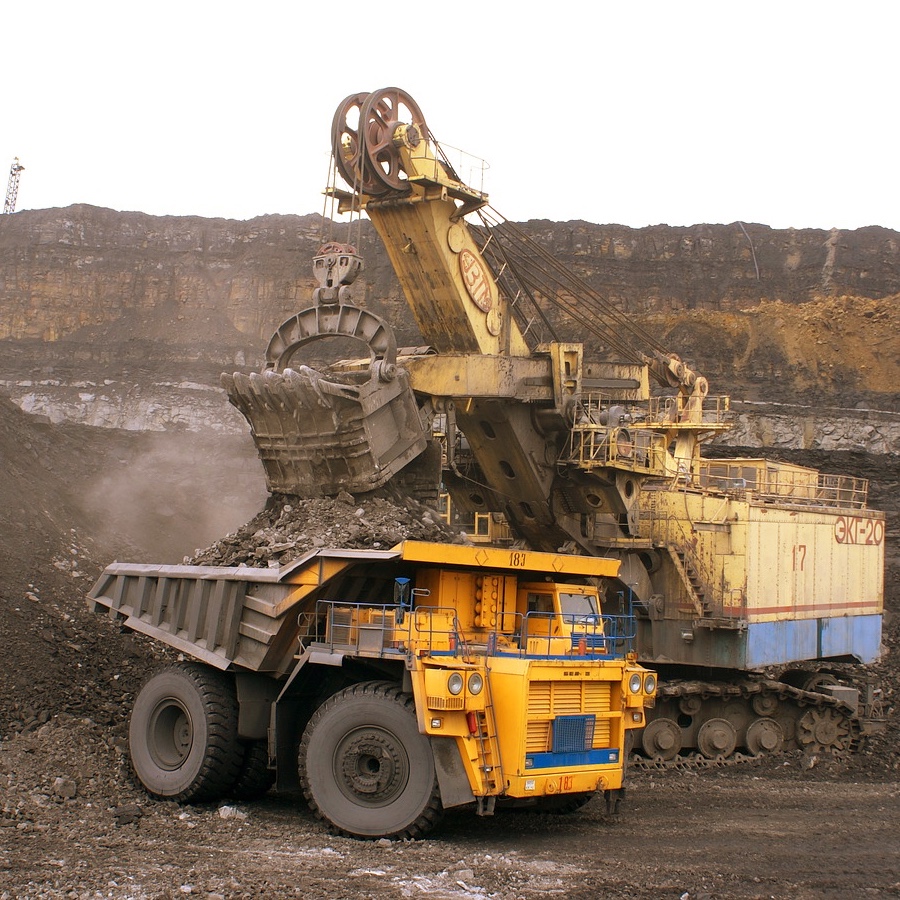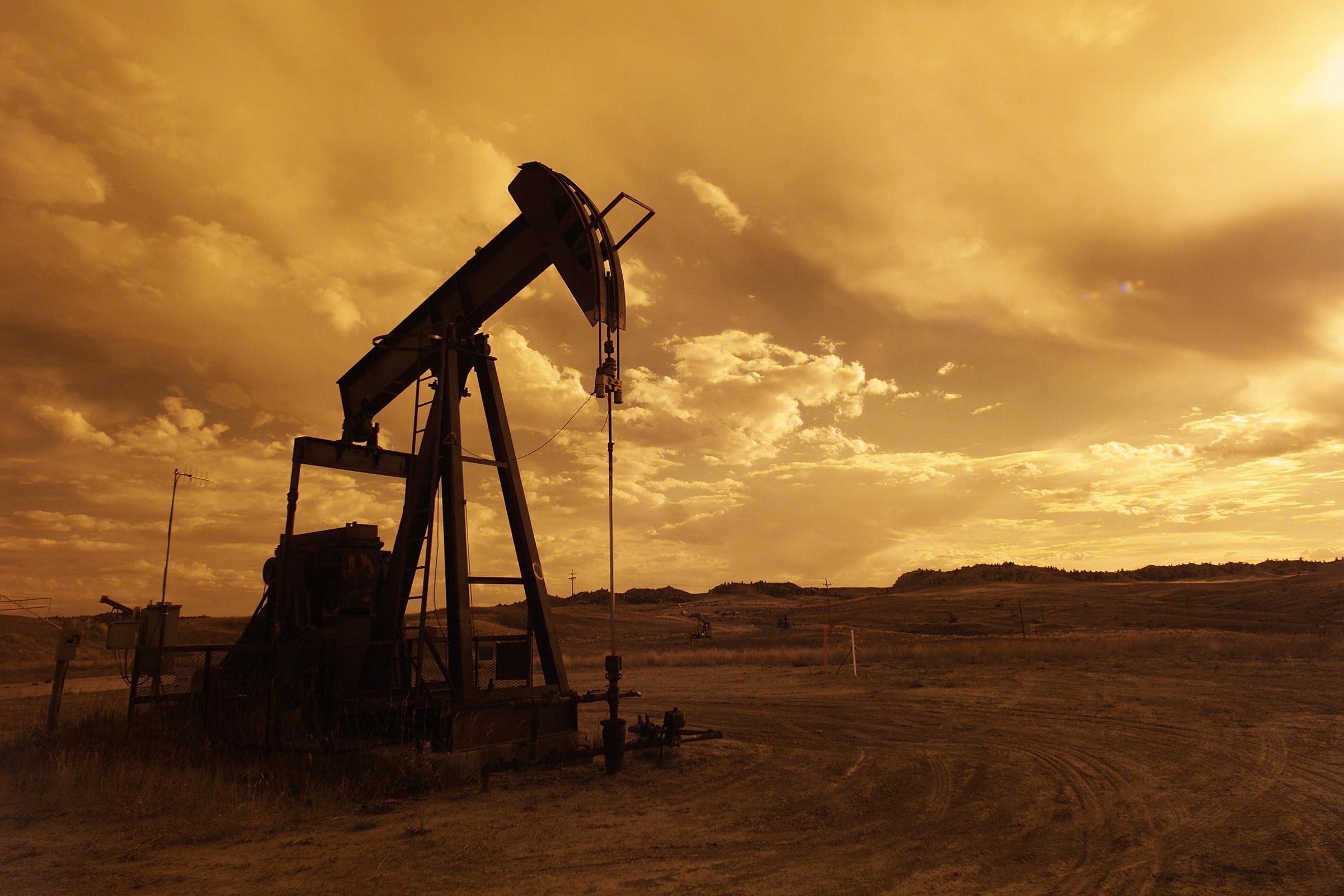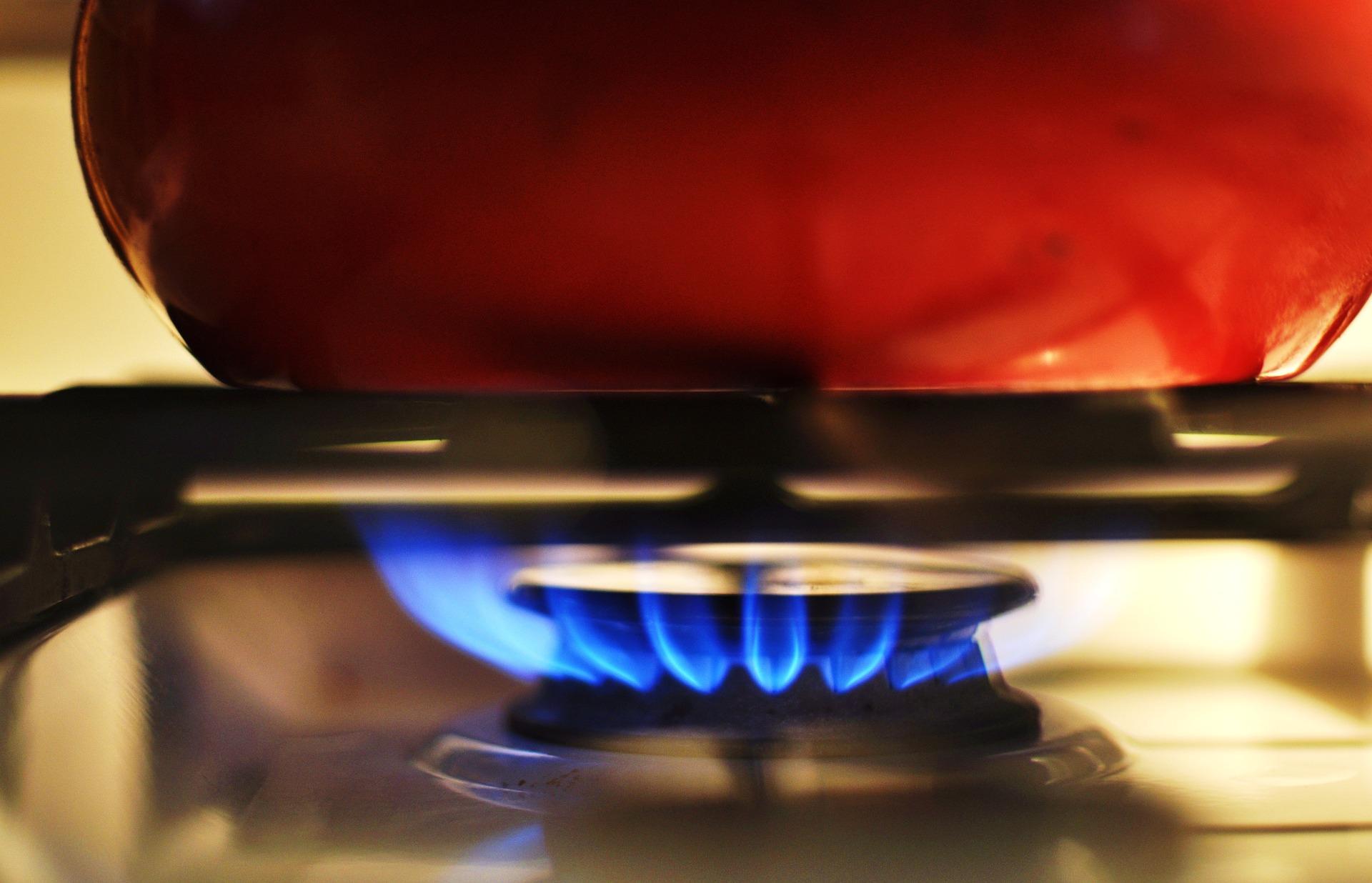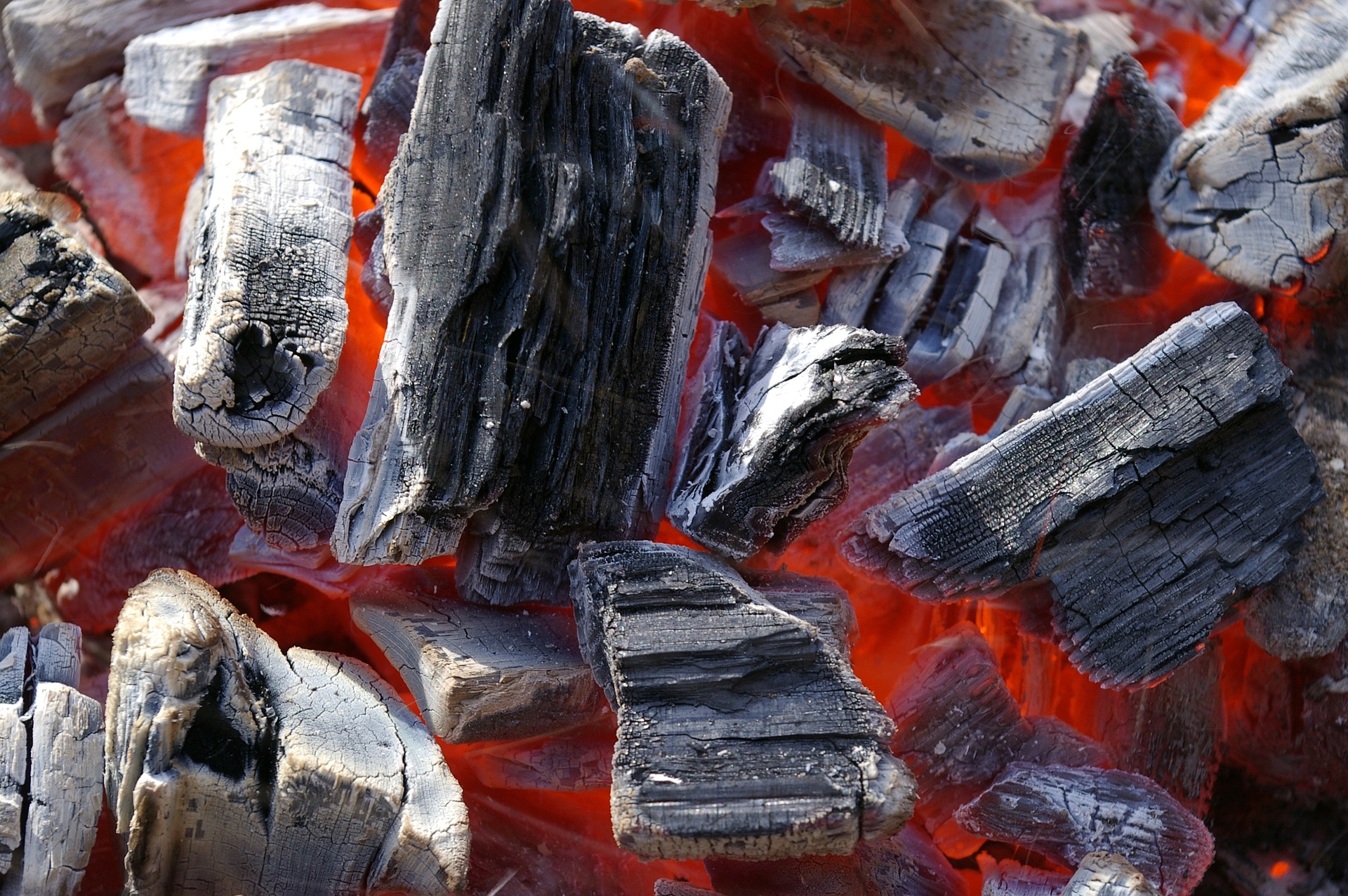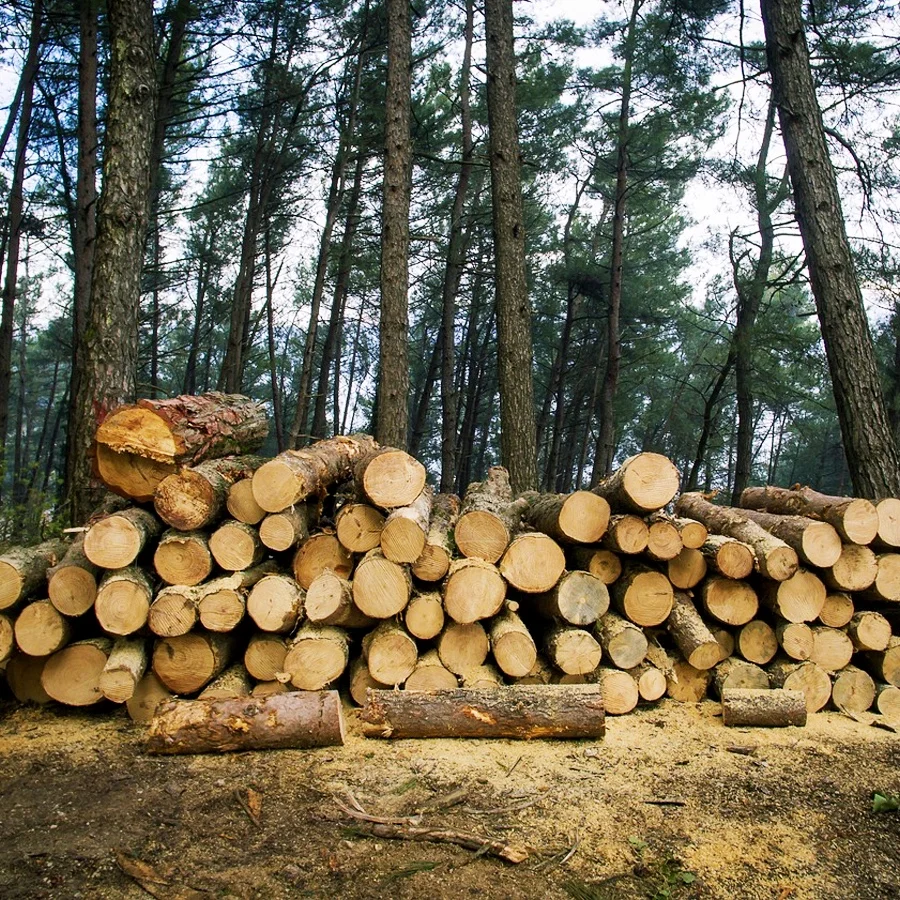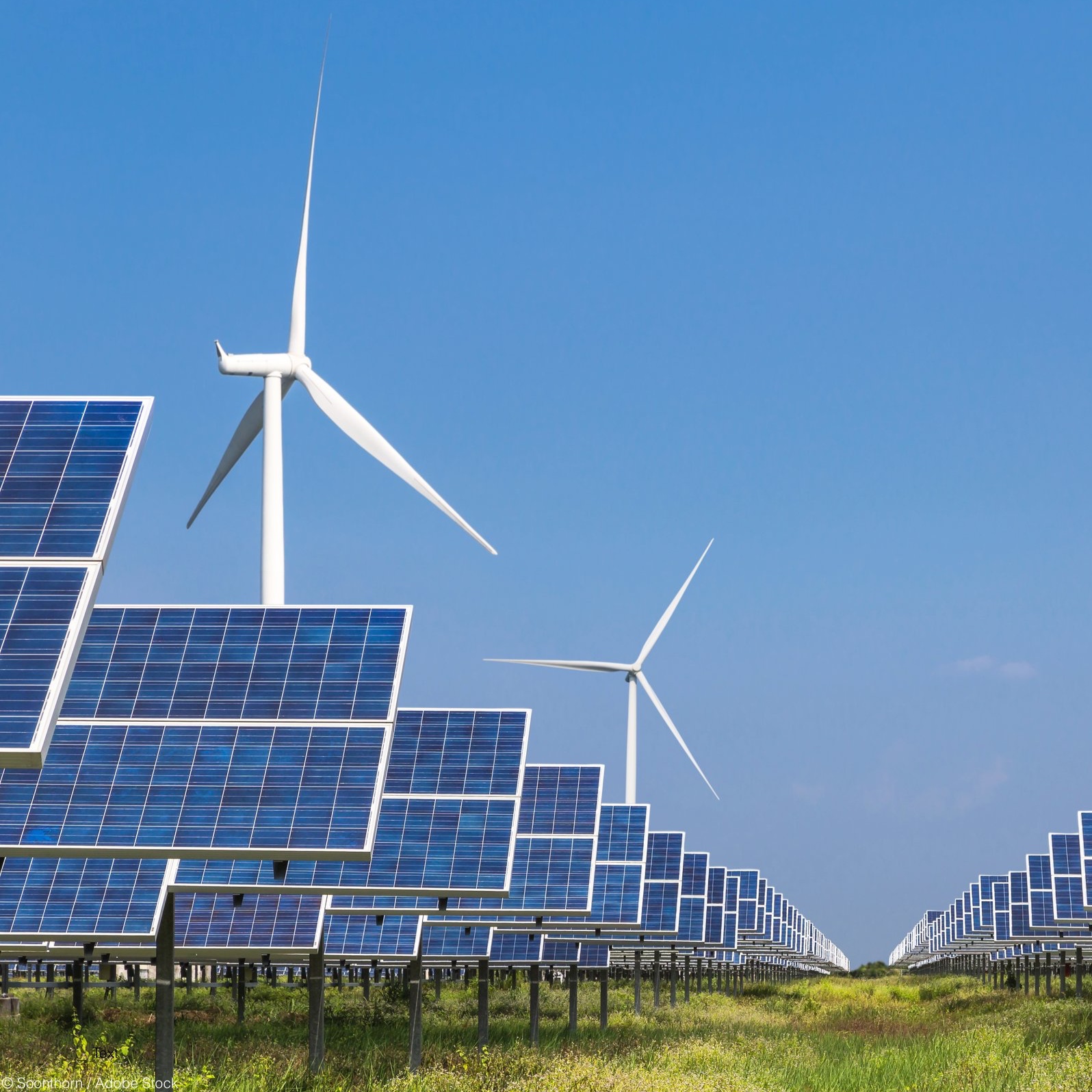The Next Step in the Evolution of Energy
For centuries, fossil fuel has dominated the energy industry due to its low cost and fit with today’s energy infrastructure. To stop global warming, there is an urgent need for an alternative fuel that is clean, inexpensive, profitable, quickly scalable and infinite. Thanks to our technological breakthrough, the world finally has a solution.
A Technological
Breakthrough
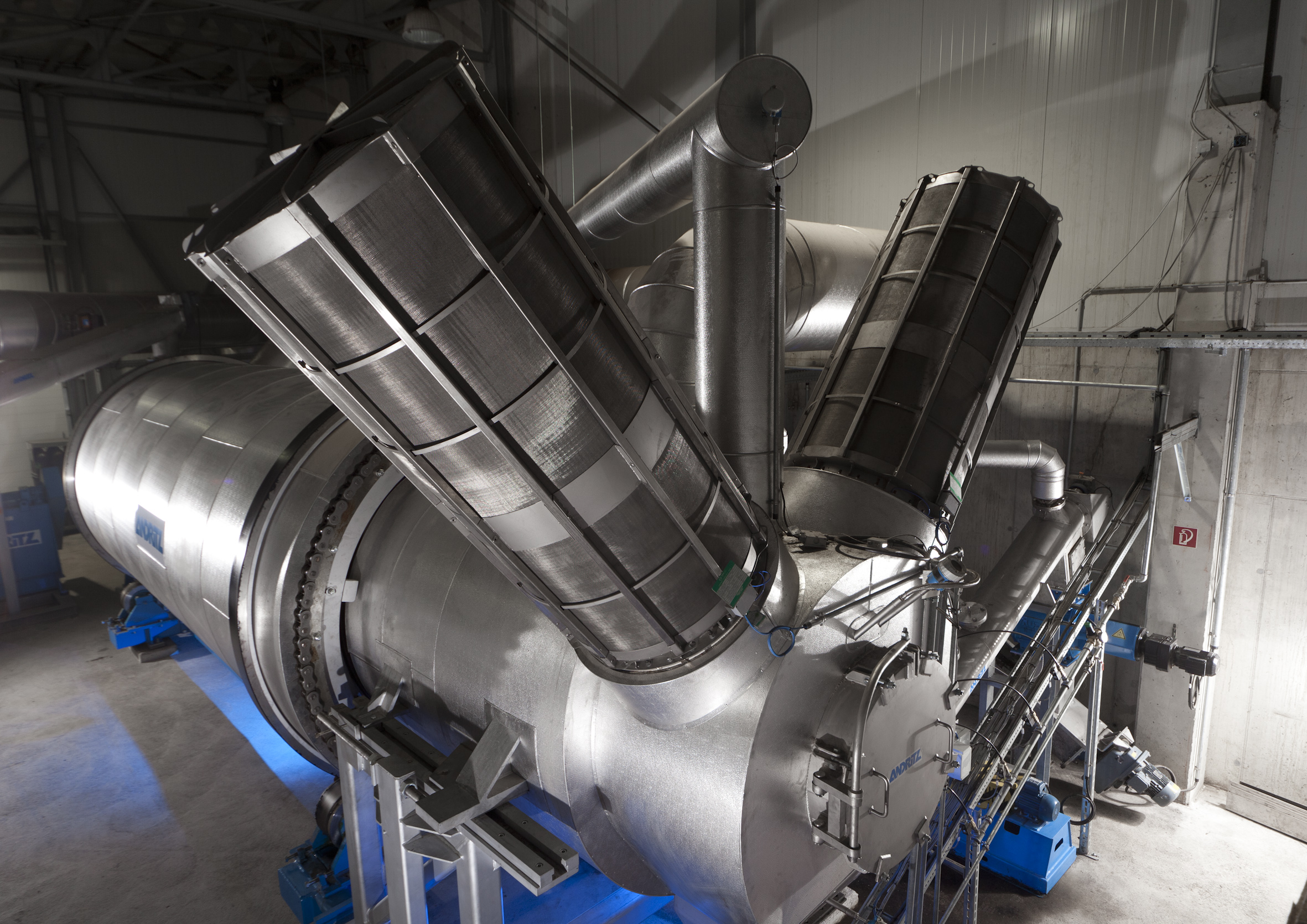
NextFuel AB has developed a highly scalable new technology for converting fast growing grasses, and other types of crops, into a clean copy of coal.
This new process starts by using CO2 rich energy crops like elephant grass or different forms of abundant agricultural/biomass waste, like bagasse from sugar cane, low quality wood or wood waste, as raw material.
Elephant grass is a crop that can grow 4 to 7 meters in 100 days on marginal land, and produce many times the amount of biomass that natural or plantation forests do per hectare per year, with easier harvesting as well. It has a fast carbon cycle of only 4-12 months, and store a significant amount of carbon in its roots and the surrounding soil.
The crops are dried and then processed in our revolutionary, patented reactor, producing a clean copy of coal in less than 30 minutes. This clean, profitable and inexpensive fuel is ready for use directly in today’s energy infrastructure. A coal plant can directly replace some or all of its coal with clean NextFuel™ briquettes.
Our clients can grow specialized tall grass on marginal land, not suitable for food production, or use other abundant biomass crops as raw materials.
Our new technology turn this biomass into a profitable clean copy of coal in less than 30 minutes.
The clean NextFuel™ briquettes can profitably replace coal directly in today’s energy infrastructure.
NextFuel™ briquettes are profitable without government subsidies, and can compete directly with fossil fuels in terms of prices in most markets. The briquettes can be used in the existing infrastructure, making it easy to switch fuel. Our technology might counter climate change faster than other clean technologies, due to its inexpensive scaling potential. There are several benefits for businesses and societies if they switch to our fuel:
A CLEAN ALTERNATIVE TO BURN
More than 80% of the world’s energy production is still based on fossil fuels, due to their low cost and an infrastructure built around them that exists everywhere. NextFuel™ briquettes are less expensive than coal most places in the world and use the same infrastructure. A coal plant can directly replace some, or even all of its coal, with our new clean fuel, without an expensive rebuilding of the plant. This makes it easy for the owners of the plant to go green and phase out coal, without having to close down or fire their workers. NextFuel torrefaction technology makes it possible to replace both coal and other types of fossil fuels with a clean and inexpensive alternative.
Simply because of rural depopulation mostly in the northern hemisphere, farmland area equivalent to roughly half the size of Australia (400 Mha) has been abandoned since the 1950s.
Generally, research show that there is a lot of marginal land available for elephant grass plantations, and in many cases there is only a small drop in biomass productivity on marginal compared to arable land. For instance in China, a recent report shows that elephant grass grown on marginal land can produce 31.7 EJ per year, which is enough energy to replace 37% of the country’s coal consumption. The report estimated that productivity on marginal land only dropped 12.6% on average, compared to arable land.
With the possibility to grow such huge amounts of elephant grass in the future, and profitably transform it into our clean coal substitute, the world have the option to phase out fossil fuels relatively fast, without hurting economic growth. NextFuel can potentially power the planet, long after every fossil fuel source runs out.
PROFITABLE BIOLOGICAL CARBON CAPTURE
All projects using NextFuel’s torrefaction technology offer very large carbon savings. This is because all carbon released during combustion is absorbed by the above-ground growth of new plants. For wood based briquettes, the carbon cycle is several years to decades long. For elephant grass however, the cycle is completed within a few months. Each completed cycle also adds more and more carbon below ground. This carbon have the potential to compensate for the carbon released during harvesting, processing and transport of the above-ground carbon. If the amount of carbon stored below ground exceeds the amount of carbon emitted during harvesting, processing and transport, the related projects become carbon negative without the need to invest in expensive carbon capture technologies. Projects based on elephant grass is potentially carbon negative within a year due to their fast carbon cycle and an unusually large amount of carbon stored annually (1.84 tonne carbon or 6.8 tonnes CO2 per hectare per year on average in Europe, equivalent to 25% of the actually harvested above-ground carbon.) Several research teams have concluded that elephant grass fuels can be carbon negative.
Instead of huge investments at the plants (like with BECCS or CCS), companies can now invest in projects that plant elephant grass and profitably capture CO2 only months after it was released. The more land areas that is developed, and the more NextFuel™ briquettes that are produced from elephant grass, the more CO2 is stored in the form of carbon below ground.
REVERSING DESERTIFICATION AND SLOWING DEFORESTATION
NextFuel™ briquettes can be made from elephant grass that grows on marginal land not suitable for food production. Elephant grass stores so much carbon in the soil surrounding the roots that the land gradually becomes fertile. After a while it might be possible to use the land for food production. So in the long run, the planting of elephant grass has the potential to reverse desertification and increase food security. By replacing charcoal, NextFuel also reduces the need for wood and thereby help reduce deforestation.
CONNECTING MORE PEOPLE TO THE GRID
Establishing NextFuel factories is a quick way to bring clean electricity, economic growth and new jobs to developing countries. The best conditions for elephant grass, providing the highest yields, exist in Africa, South America and Asia. These regions have a special potential to enter a profitable industry of turning energy crops (or waste) into a valuable product. In addition, NextFuel™ production makes it easy to connect more people to the grid without increasing emissions.
less smoke and local pollution
NextFuel™ briquettes might also reduce smog problems in cities with pollution problems. Today farmers in several developing countries burn agricultural waste directly in the fields, which create large smog problems in nearby cities. With NextFuel torrefaction technology, they can instead transform this biomass into our clean coal substitute and eliminate this problem.
NextFuel™ briquettes can also replace charcoal and be used in portable ovens as a clean cooking fuel in developing countries. This alternative practice has the potential to save both forests and lives.
NextFUEL™ BRIQUETTES HAS THE LONG TERM POTENTIAL TO REPLACE THE WORLD’S ENTIRE USE of FOSSIL FUELS IN ELECTRICITY PRODUCTION AND in MOST INDUSTRIES
We plan to license our technology to a variety of companies in order to, as fast as possible, spread our technology to many different sectors. NextFuel™ briquettes can replace the following fuels:
REPLACE COAL
NextFuel™ is a fast, inexpensive and clean coal substitute for large coal users like utilities, steel mills and cement plants. Today’s coal plants can directly co-fire with NextFuel™ briquettes without any expensive rebuilding of its infrastructure. They can even replace 100% of their coal consumption with our clean fuel. Rather than having to close down or switch to natural gas or wood pellets (which both requires expensive rebuilding) coal plants can switch directly to NextFuel™ briquettes and continue operation with the same workforce and infrastructure. For the first time, we have a possibility to replace the world’s entire coal use with an inexpensive clean alternative directly, while continuing to use the same infrastructure.
replace oil
Several industries can also replace heating oil with NextFuel™ briquettes, by only switching burners. Since NextFuel™ is less expensive than heating oil in most places, companies can fast earn back their investment and drastically reduce their heating costs and pollution level.
NextFuel™ briquettes can also be converted to Sustainable Aviation Fuel (SAF) by utilizing the Fischer-Tropsch process.
replace natural gas
Instead of relying on the natural gas combustion infrastructure, which releases large amounts of CO2 into the atmosphere without providing any mechanism for re-absorption, and also requires expensive upgrades, utilities can instead produce electricity from clean NextFuel™ briquettes.
replace charcoal
NextFuel™ can cost-effectively replace charcoal in several industries. Consumers in developing countries might also in the future use NextFuel™ briquettes as fuel in small portable cooking ovens. Both practices can contribute to save forests and lives.
TRANSFORM WASTE TO A VALUABLE PRODUCT
We can use bagasse, agricultural waste and other residues as raw material in our torrefaction reactor. This means that we can, for instance, work with the sugar industry to convert a surplus product from their sugar canes into a valuable fuel. Several industries can now make a profit from their unused resources.
REPLACE WOOD PELLETS
Our fuel can replace wood pellets, thereby reducing deforestation. In contrast to wood pellets, our torrefied briquette is water resistant and can be treated similar to coal. NextFuel™ briquettes have a higher energy content per tonne, and are therefore less expensive to transport. Additionally, NextFuel™ briquettes can be produced from elephant grass that grows much quicker than trees, captures much more CO2 per hectare per year, and are easier to harvest. All important factors that can help improve the biomass industries' carbon footprint and economics.
wind and solar back up power
Intermittent renewable energy, like wind and solar, often relies on dirty fossil fuel as backup power when there is no wind, or the sun is not shining. Adding NextFuel™ production facilities means that this backup power can come from a clean and renewable fuel, rather than from fossil fuels. Renewable energy producers now have the potential to deliver stable power without any use of fossil fuels.
“The more original a discovery,
the more obvious it seems afterwards.”








